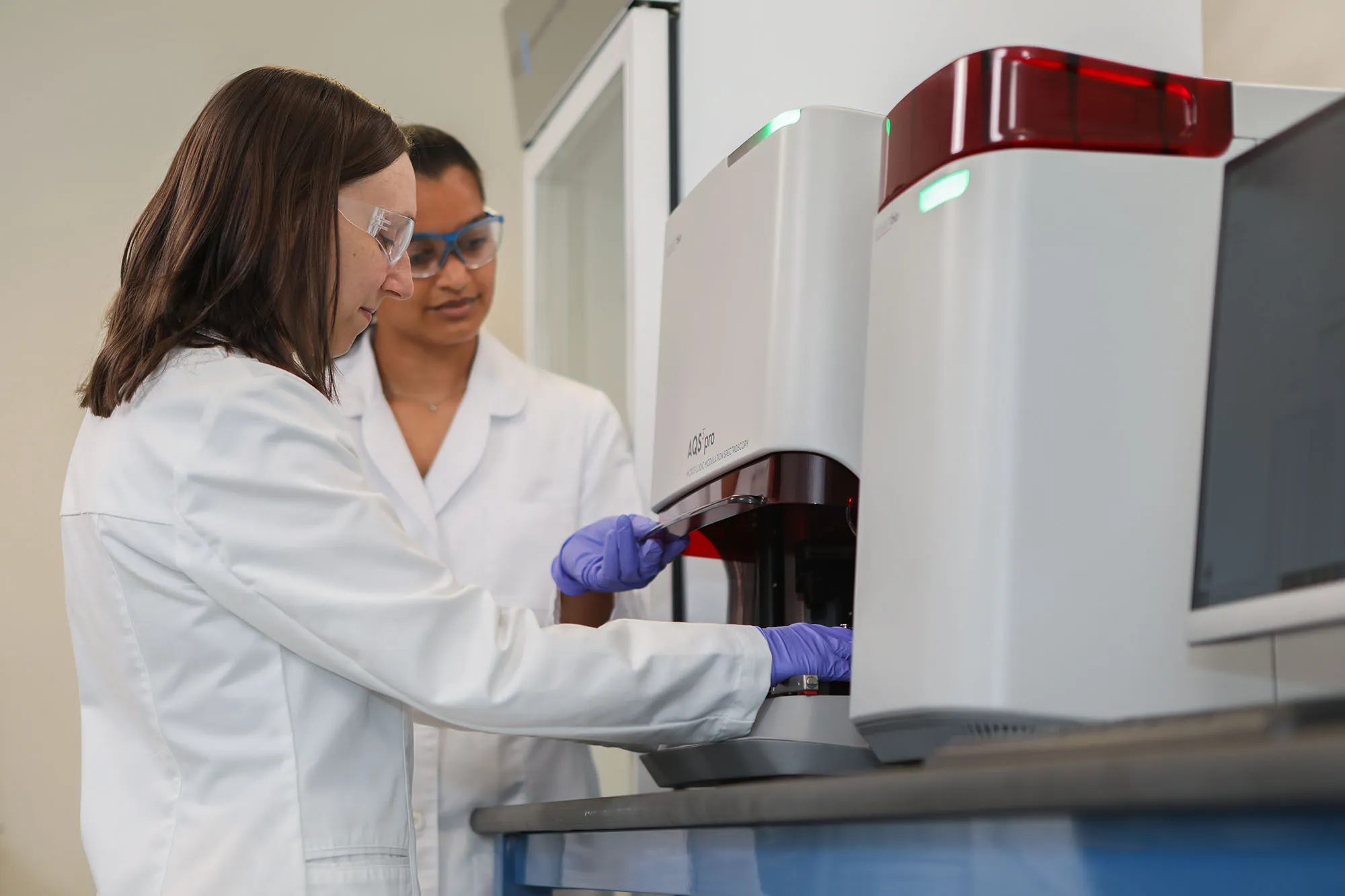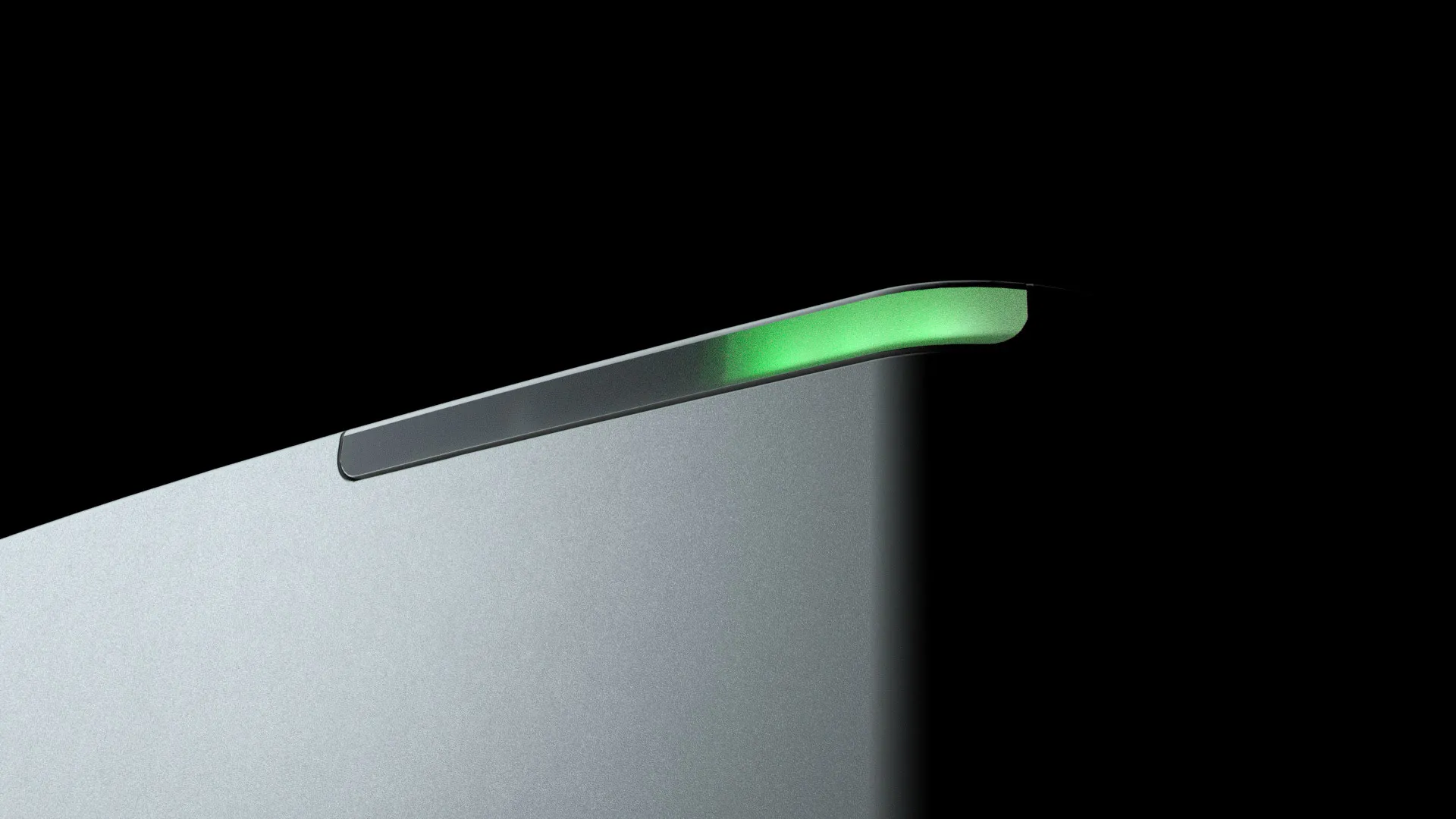
Secondary structure characterization of mixed food protein complexes using microfluidic modulation spectroscopy (MMS)
Food Bioscience | February 2023
Woojeong Kim, Yong Wang, Maria Ma, Qianyu Ye, Valerie Ivancic Collins, Cordelia Selomulya
Food Bioscience, Volume 53, 2023, 102513
doi: https://doi.org/10.1016/j.fbio.2023.102513
Abstract
Microfluidic modulation spectroscopy (MMS) has been recognized as a novel technology for producing high-quality and reproducible data at a wide concentration range to characterise protein structure. In this study, the use of MMS for food applications was explored through the structural analysis of pea protein, whey protein, and pea/whey protein complexes prepared by transglutaminase cross-linking. MMS generated reproducible data with >99.5% repeatability in all protein samples. The cross-linking seemed to alter the structure of whey protein with isopeptide and hydrogen bond formation, more significantly than that of pea protein. The larger secondary and tertiary structural changes were observed with higher whey protein content in cross-linked pea/whey protein complex, which eventually increased the surface hydrophobicity. According to the second derivatives analysis by MMS, β-sheet and random coil increased and β-turn decreased in the pea protein, whereas α-helix, β-sheet, and β-turn decreased and random coil increased in the whey protein after cross-linking. In the pea/whey protein complex, β-turn shifted to β-sheet due to cross-linking. There are some discrepancies between the relative secondary structure contents obtained from MMS data compared to the data acquired from circular dichroism. However, MMS has the considerable advantage of being able to directly measure original samples without significant dilution as required for circular dichroism measurements. This study provides evidence that MMS technology could be a robust technique to quantify the secondary structures of typical proteins in food with high reliability.


